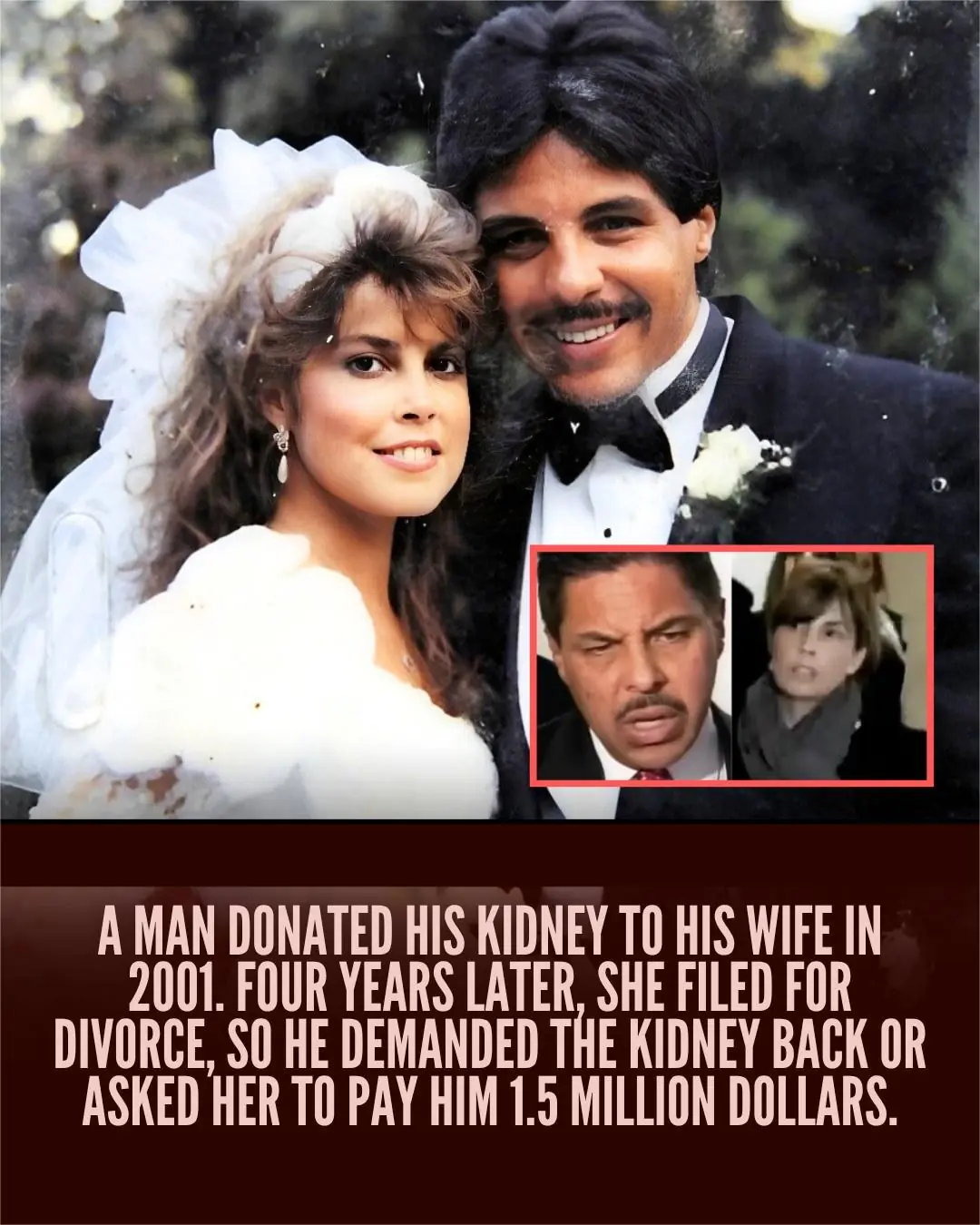
When Sacrifice and Heartbreak Collide: The Surgeon Who Asked for His Donated Kidney Back
New York, 2009 — In a case that captured public attention and stirred fierce debate, a Long Island surgeon named Richard Batista made headlines by demanding that his estranged wife return a kidney he had donated to her — or pay him $1.5 million — as part of their divorce settlement.
A Gift Out of Love
In 2001, Dawnell Batista was suffering from kidney failure after two failed transplants. Her husband, Richard, decided to donate one of his own kidneys, believing the act would not only save her life but also heal their marriage. At the time, the gesture was viewed as a demonstration of love and commitment.
A Marriage Unraveled, a Kidney Questioned
Four years later, in 2005, Dawnell filed for divorce. The marriage had frayed, and suspicions and accusations emerged. Richard claimed that Dawnell had been unfaithful and began to frame his kidney donation as part of the marital investment he had made.
He stunned observers by formally demanding — in court — that Dawnell either return the kidney or compensate him $1.5 million. He argued that the organ should be treated as a marital asset, not purely a gift.
The Court’s Ruling: Organs Are Not Property
The legal system disagreed. In a decisive ruling, a matrimonial referee rejected Dr. Batista’s claims entirely, stating that the kidney had been donated as a gift and could not be reclaimed. The court held that human organs cannot be bought, sold, or treated as property.
Even as the medical and ethical implications sparked heated debate, the ruling stood: the donation could not be reversed, and no monetary value could be assigned under the law. Richard would receive neither the kidney back nor the compensation he sought.
Ethics, Love, and the Limits of the Law
The case raised deep questions: How far does a spouse’s moral claim extend after a gift? Can one donate a vital organ expecting a return under different circumstances? And to what degree should courts recognize emotional investments when adjudicating divorce?
Medical experts warned that reversing an organ donation would imperil the recipient, possibly forcing them onto dialysis or worse. Legal analysts noted that U.S. laws and medical ethics treat organ donation as irrevocable, altruistic acts — not contractual exchanges.
Legacy of a Troubled Gift
Looking back, Batista’s dramatic demand reveals the painful interplay of love, betrayal, and desperation. The kidney that once symbolized his devotion became the centerpiece of a bitter divorce dispute.
Their story became a cautionary tale — a reminder that even the most selfless acts can become entangled in human emotions and broken trust. And ultimately, the courts affirmed: some gifts, once given, cannot be un-given.
News in the same category


A Simple Act of Kindness That Touched Millions: FSU Player Eats Lunch With Boy Sitting Alone

Meet the man with the world's longest name who had to win a legal battle to keep it

Kat Timpf takes break from Gutfeld! for more surgery while pushing back against internet trolls

Top FBI official makes chilling claim about Epstein investigation

Cameron Diaz: Choosing Authenticity Over Perfection
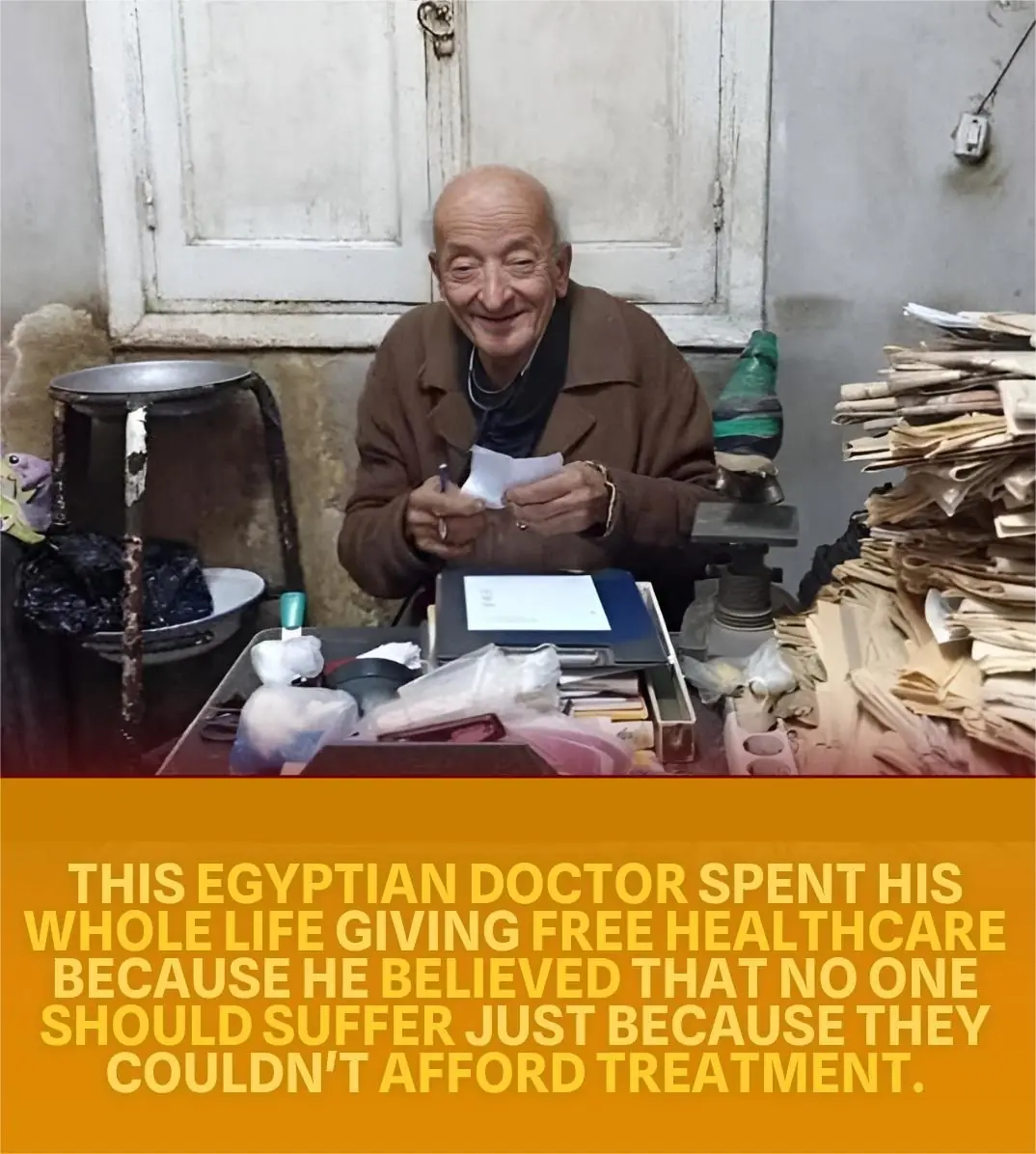
The Doctor of the Poor: How One Egyptian Man Turned Compassion Into a Lifetime Mission

A Hospital Baby Boom: 14 Maternity Nurses Expecting Together

Mystery Behind Barron Trump’s Disappearance from NYU Campus Revealed

17 Years Lost: Kansas Settles Wrongful Conviction in Doppelgänger Case

A Heartwarming Act of Kindness in the Philippines: Woman Helps Elderly Balloon Vendor After Heartbreaking Loss

Model Makes History by Breastfeeding Her Baby on the Runway — A Moment That Redefined Motherhood in Fashion

What causes night cramps and how to fix the problem

Pick your wing to reveal who your guardian angel is

When a K-Pop Birthday Went Wrong: The Brazilian Brother Who Mistook Kim Jong Un for a Korean Idol

Itchy Breasts? Here Are 6 Health Issues That Could Be Behind It

Amazon Rainforest Fungus That Eats Plastic: A Real Discovery With Real Limits

A 3-Year-Old’s Final Walk: Honor, Sacrifice, and Hope

Europe to Replace Passport Stamps with Biometric Entry/Exit System Starting October 12, 2025
News Post

Cleanse Your Kidneys, Prostate, and Body Naturally with Garlic, Lemon, and Tomato Juice

Benefits of Boiled Eggs: Nutrition and Healthy Recipes

Eat This Seed and Watch Your Vision Improve — Especially After 60!
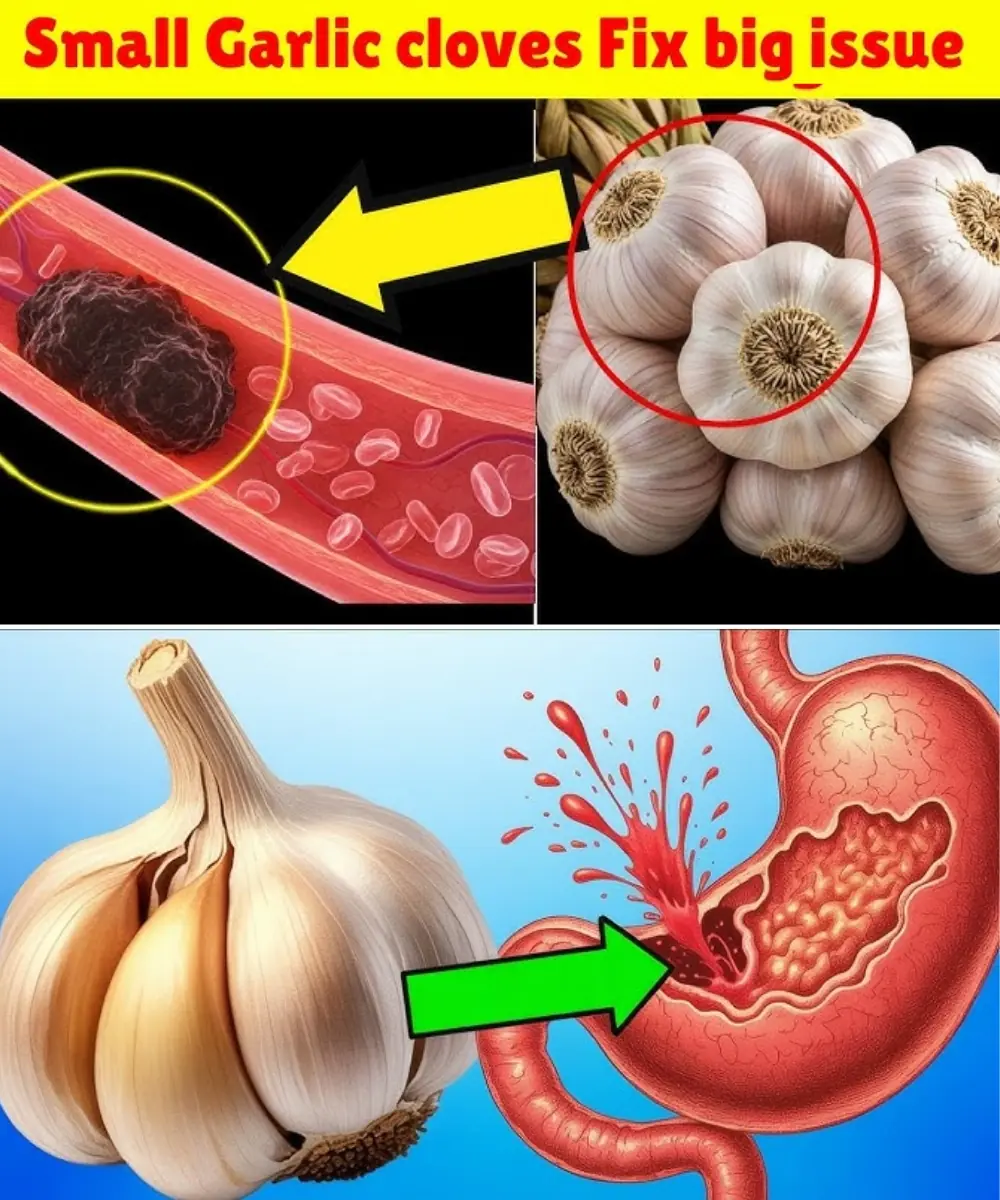
Harnessing the Power of Garlic: Common Mistakes to Avoid

China’s 620 MPH Maglev Train Breaks Barriers — The Future of Travel

Unlock the Forbidden Sweetness: Why Dates Are the Ultimate Superfood Hiding in Plain Sight

Senna Alexandrina: 7 Benefits and uses
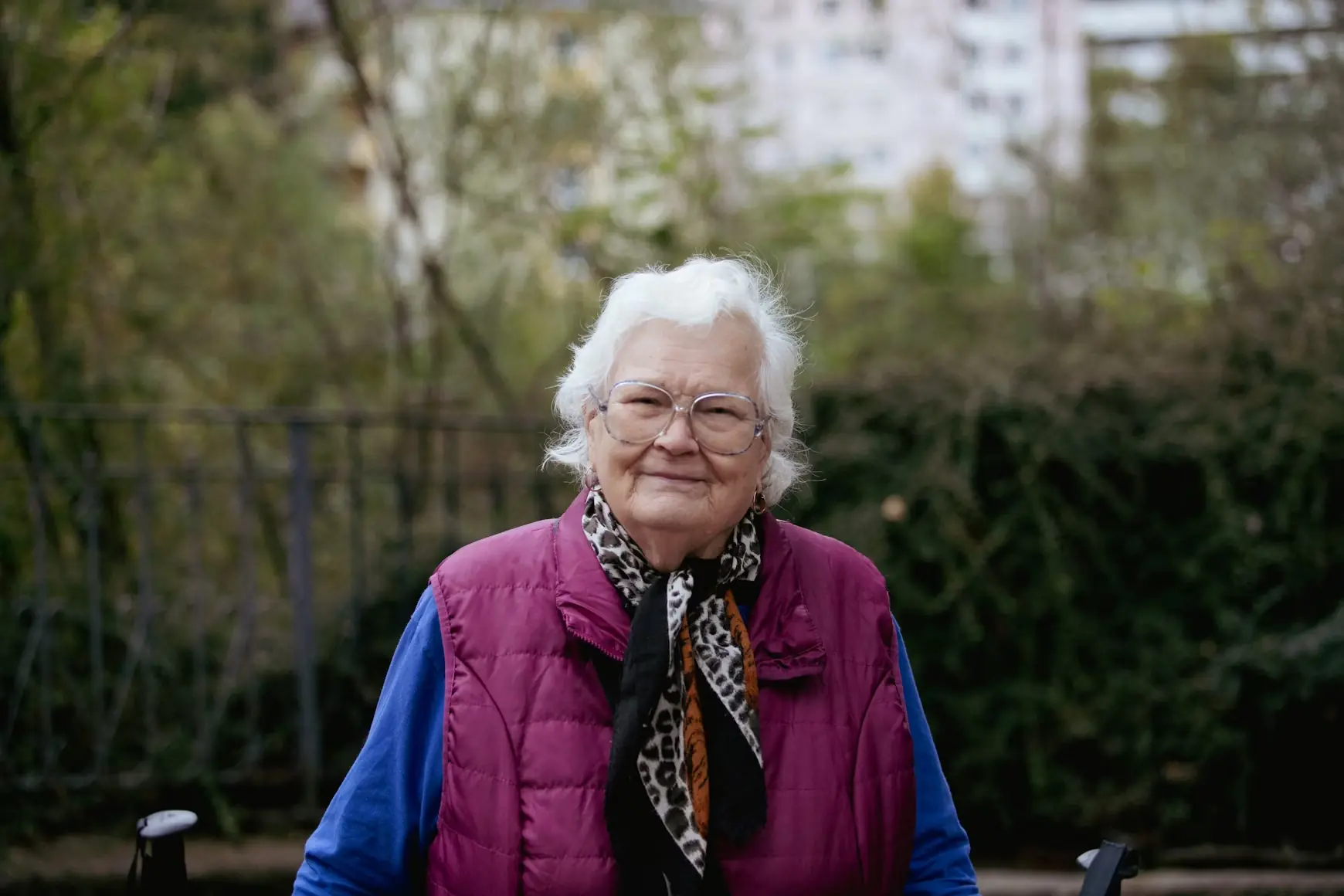
My Daughter And Son-In-Law Banned Me From Seeing My Granddaughter—The Reason Left Me In Tears

Orthopedist’s Secret: How to Support Natural Cartilage Repair in Just 24 Hours

A Simple Act of Kindness That Touched Millions: FSU Player Eats Lunch With Boy Sitting Alone

Meet the man with the world's longest name who had to win a legal battle to keep it

Daddy’s Combo: The Ultimate Natural Boost for Special Moments

Kat Timpf takes break from Gutfeld! for more surgery while pushing back against internet trolls
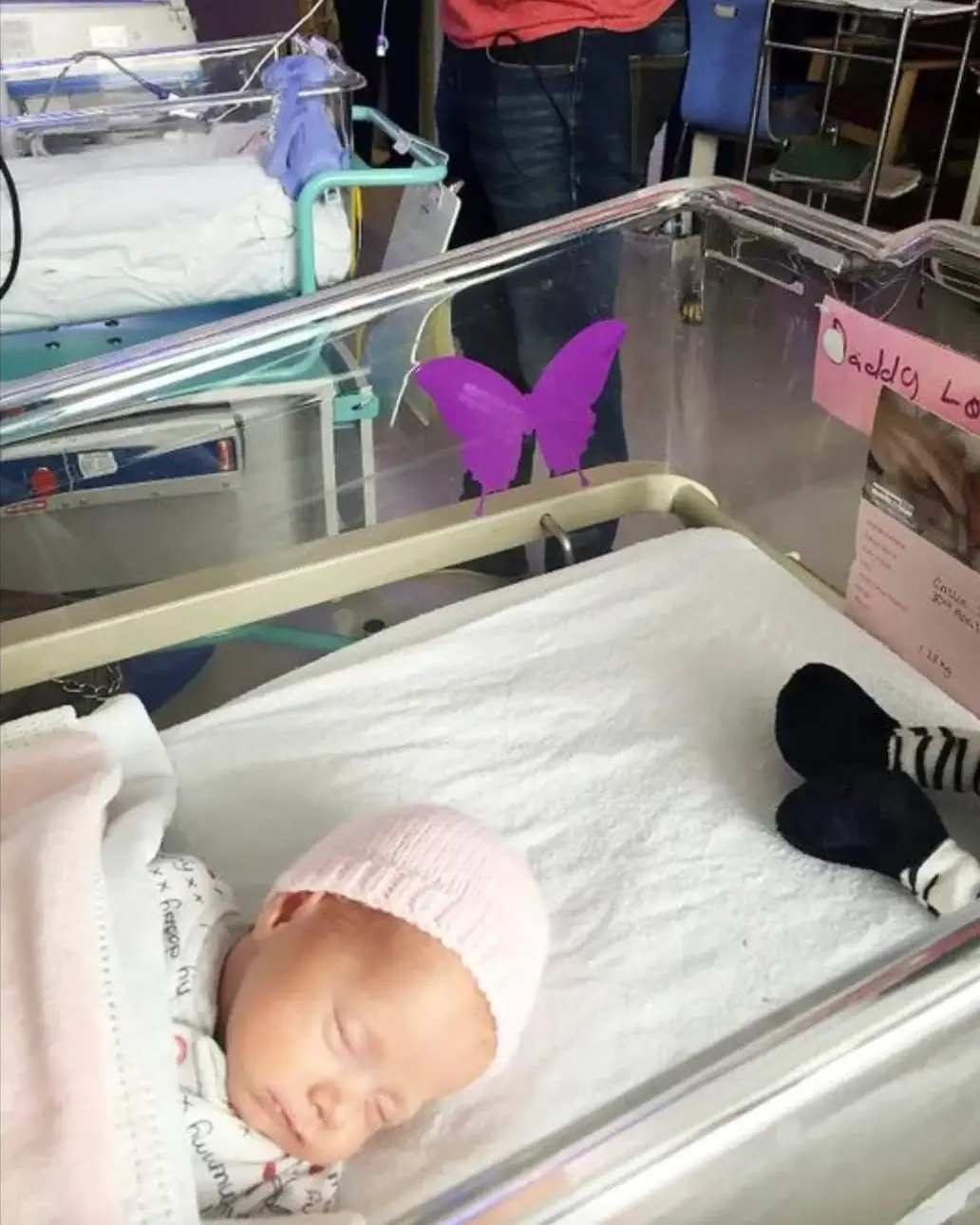
If you see a purple butterfly sticker near a newborn, you need to know what it means

Top FBI official makes chilling claim about Epstein investigation

5 early warning signs of cervical cancer

These 12 Kids And A Dog Were Dubbed As The Crime-Busting Heroics

7 Innocent Mistakes That Get Your Kidneys in Big Trouble

